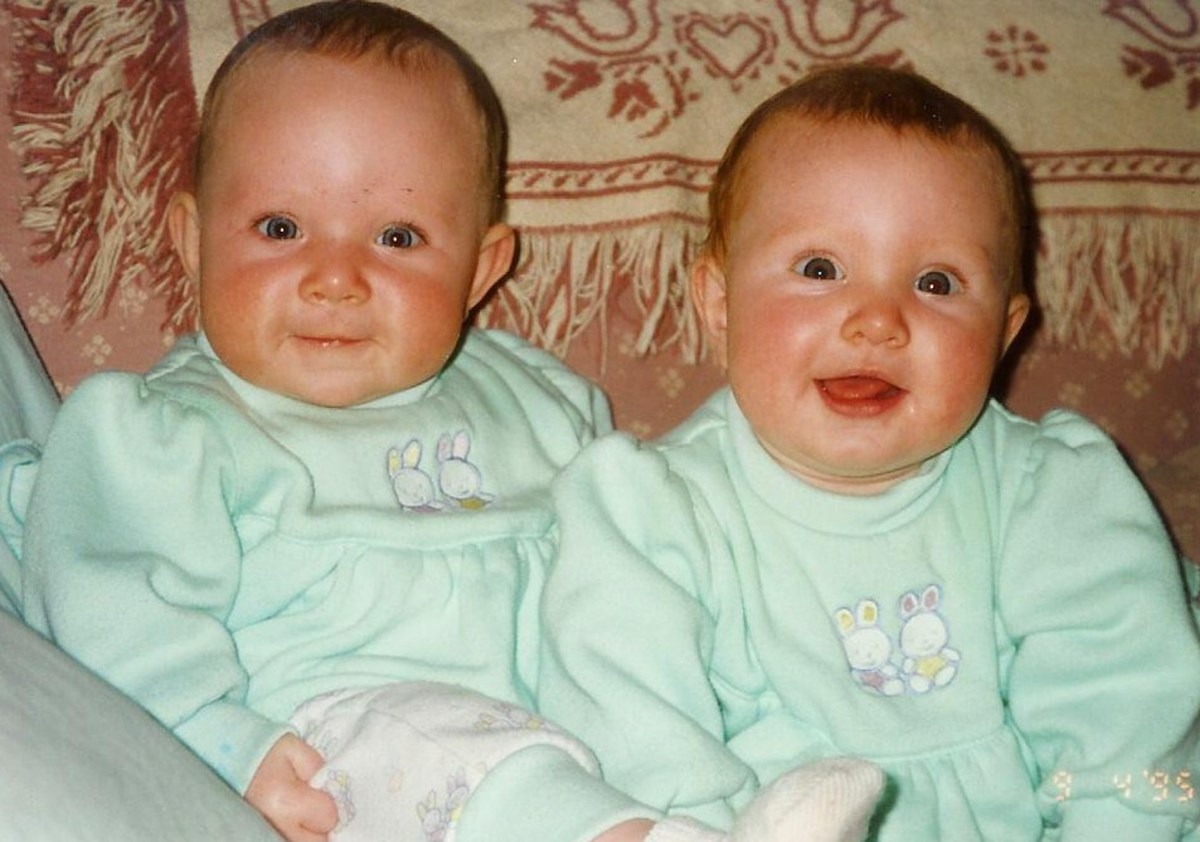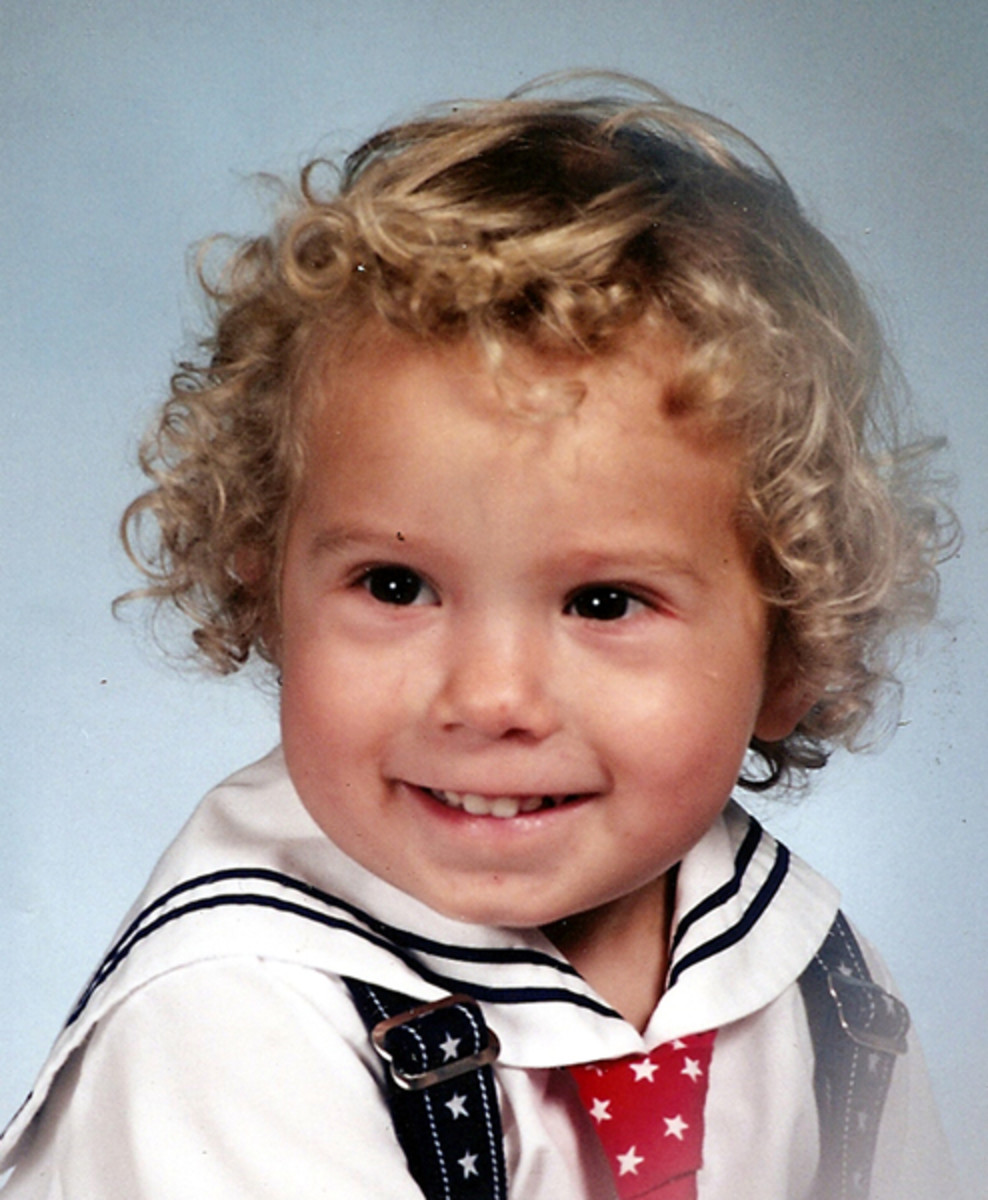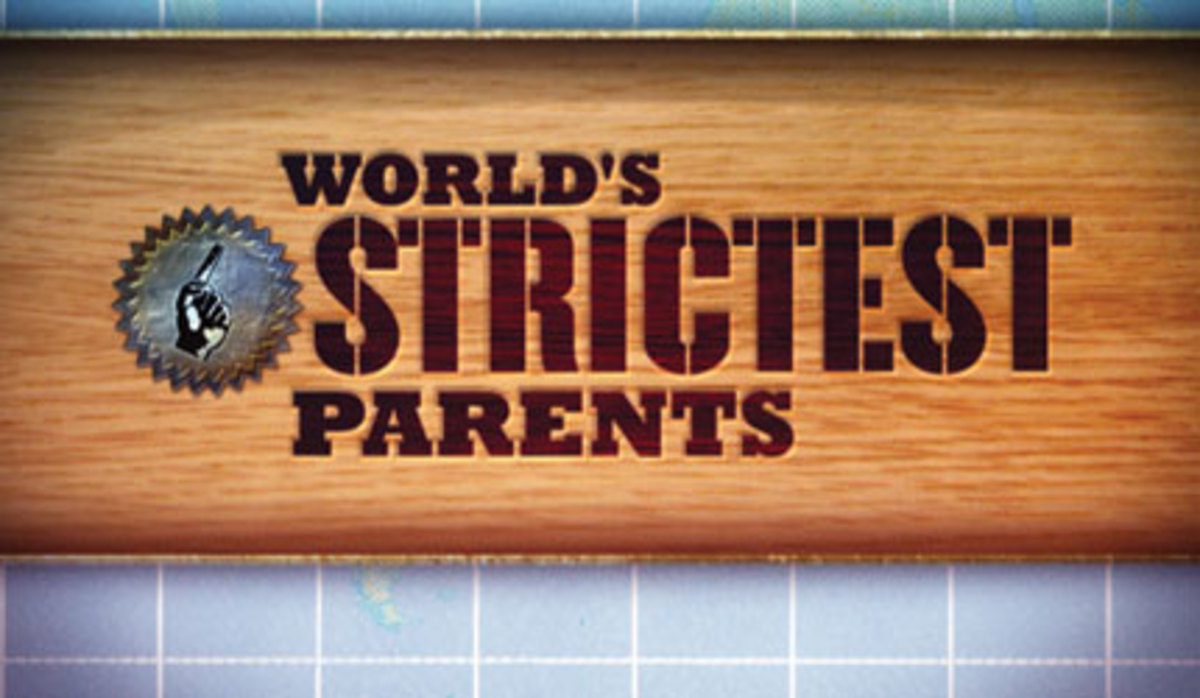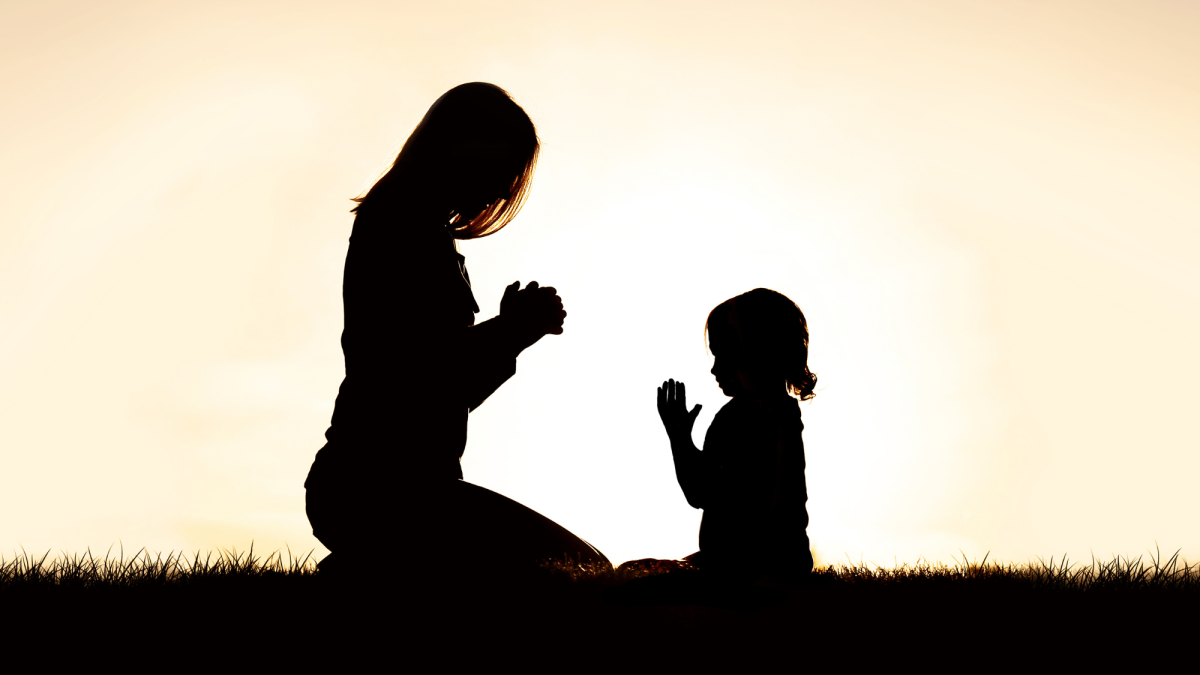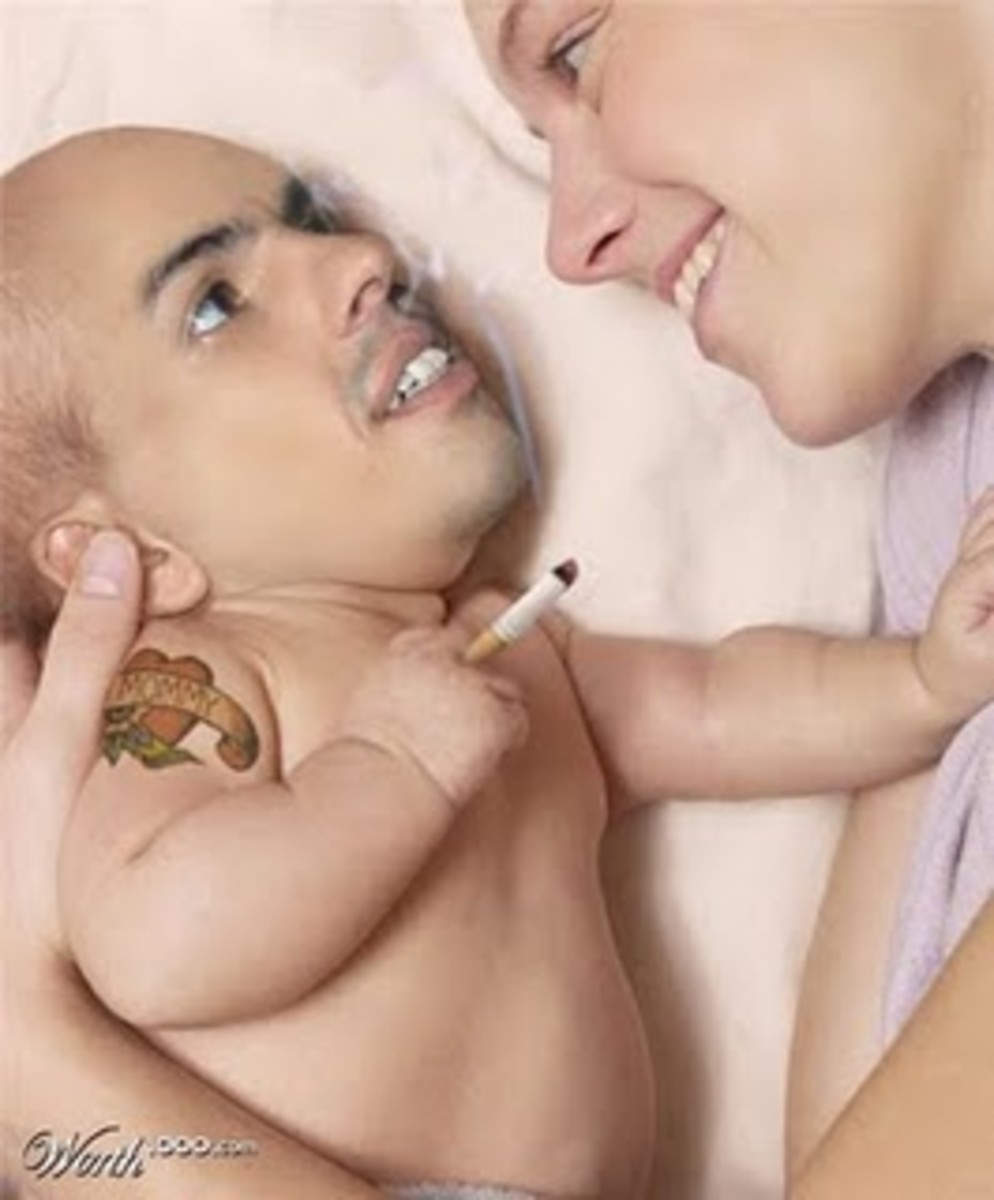Entitled Kids: Are You Raising Little Jerks?
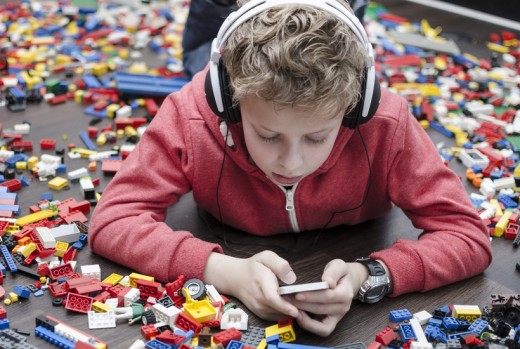
It is more difficult in many ways for this generation to raise a wonderful child than it is to raise a brat.
— Elaine Rose GlickmanI don't want to raise an adult that can't "adult".
Who raises your kids?
I believe children are raised in 3 ways:
- Parents/Parental figures, relatives, mentors..
- Social/Peer environment (other kids); typically at school and extra-curricular activities.
- Political/Cultural: Since politics usually influence the cultural norms, I lump these two together.
In the following sections I'll discuss all of these influences when raising your children.
Parents have the most influence when children are very young. They're influence in later years comes in the form of ongoing discussions and leading life by example. During many childhood years it's easy to let outside influences take over.
The way in which parents relinquish their influence is by not keeping a family-focused household. Family must be a value and priority, not to be confused with staying at home and parents giving up their life for their kids, but rather exploring various values with their children and spending time with them instead of buying them something or "wow-ing" them with spendy excursions and parties.
Peer influence begins at school age and continues for many years after. Depending on how parents imparted their values onto their children, will depend on how influenced children are by their peers.
The political and cultural atmosphere is a large, sometimes unseen entity unto its own. It's like the umbrella over all influences. It can determine what kind of parenting books and resources that parents have at their fingertips. It can determined what behaviors are acceptable. It can determine what parents value and teach their kids. It can determine how money is allocated within schools and what programs are adopted.
There are so many factors in raising children, it's not enough to 'wing it'.
Who influences your parenting?
What parenting resources do you use most often?

Please don't raise one of these!
There are days when I have to shake my head at what is considered normal for today's youth.
The children of yesterday now require safe spaces as young adults. Fact: The world is unpredictable. The only safe space is the one we make inside ourselves. They are the traits we cultivate like resiliency and perseverance. Ironically those traits are only earned when we face adversity.
And more...
Suicide rates have been steadily climbing in the last 10+ years to include a younger age span beginning at age 10.
Ego overrides a healthy self-esteem.
TV shows depict stupid adults outsmarted by snotty kids.
There is an epidemic of mass violence committed by youth.
Teachers report more behavior problems and less respect toward adults.
How do you know if you are raising self-indulgent, entitled kids?
- Does it seem like your child is never happy? Along with...never has enough? And not helpful?
- Do you find yourself embarrassed and making excuses for child's behavior that even you do not think is acceptable or appropriate?
- Do you want to give up sometimes when trying to correct your child's behavior and attitude? Is there fear or complete apathy connected to correcting their behavior?
- Do you over-compromise to make peace? Beg and bribe?
- Is your child's behavior getting worse as he/she is getting older? Are issues escalating?
- Do you feel like your child runs the household? Is he/she the boss?
- Does your child exhibit zero respect for most adults (before adolescence)?
- Do your older kids have toddler tantrums? Age 8+ is when tantrums should be over.
I don't live under a rock. Some of these are obviously part of parenting. No shame here! These questions however can help pinpoint the feelings or gut instinct that your child is heading in the wrong direction toward entitlement, especially if the answers to them come up overwhelmingly "yes"...and too often!
The majority of kids today don’t do household chores, they mouth off, refuse to tie their own shoes and generally terrorize adults at home and school (talk to a teacher about their students’ attitudes — I dare you.)
— Elizabeth Kolbert (The New Yorker)- Spoiled Rotten | The New Yorker
Why do kids rule the roost?
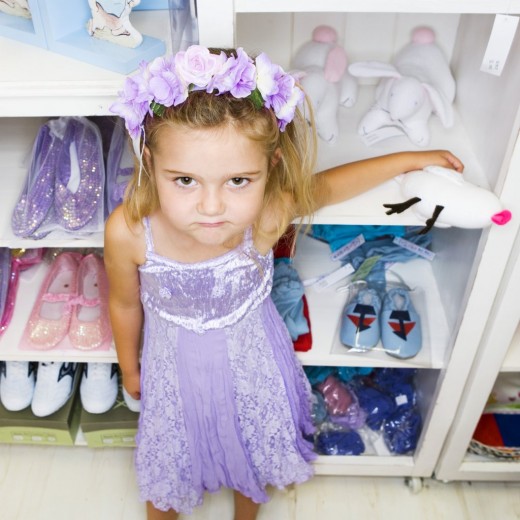
Young and cute
Entitled kids are raised by well-meaning parents.
This is to say...it's not your fault, but it is entirely your fault!
What parent wants their kids to be mad, upset, disappointed, discouraged, and all the other icky emotions we adults avoid. But, that is our personal (adult) viewpoint, which isn't applicable to a child. Disappointment won't kill a kid. Brutal, but true!
For adults, disappointment might remind us of not getting promoted at work. For kids, disappointment is merely not getting as much candy as their friend at a birthday party.
These small disappointments are something kids can live with and grow from, but if we don't let children experience them, small things are overwhelming for them later on.
Parents must keep mindful of cultivating good adult characteristics too, by letting them learn when the lesson isn't yet life-altering.
Issues I've witnessed began early when the child was very young and certain behaviors seemed harmless, perhaps cute.
I remember when my daughter was being sneaky and I laughed about it, because it was so blatant and she was so little. Then she gave me those endearing eyes and pout. I let that one slide, but I knew sneakiness wasn't a habit I wanted to form.
It is while they are young and cute that you need to make a list of adult traits that you would like to encourage in your kids. This is also something to discuss with your spouse (or the other parent of the child).
Example of traits that build good futures:
- Resilient
- Ability to learn
- Self-confident
- Manage emotions, anger, disappointment, etc.
- Cultivate talents
- Face fears
- Have purpose
- Perseverance
- Kindness
- Distinguish between needs and wants
- Communicate effectively
Hands-down the best thing you can do for your kids is to be consistent. No matter if you feel the damage is done and your kid is 13 yrs old and spoiled, it's never too late to be consistent to make a change.
*To further cultivate healthy adult characteristics, discuss lessons you have learned.
Sometimes the parents are the kids' biggest problems!
Don't feed the egos!!!
During the toddler stage, "it's all about me", is normal and natural, but if your child will ever transition into a decent adult and human being, they need to expand their view outside of themselves.
It's when kids get stuck in developmental stages. 8 yr olds shouldn't act like 2 yr olds. We don't like adults that still act like irresponsible teens either. This is what we're trying to avoid, and it can seem like it's an uphill battle.
My latest pet peeve is trait shirts (what I call them) or "graphic tees" for kids that are currently in style.
These shirts are usually selfish expressions. They have different messages portrayed on the front of the shirt. It's like wearing a label. Whether it's true or not, it sends a clear message.
Just because a kid wears a "Kindness" shirt, doesn't make them kind. Kindness is a trait kids must earn and demonstrate.
I have a great sense of humor, but my feeling is that many kids actually believe and live up to the messages they are wearing. If certain messages repeated to us as kids can have lasting effects, what about the common messages on these shirts?
"I do this thing called whatever I want". Not even the president gets to do what he wants!
"Born to be a princess rockstar". There's more to life than fame.
"Diva and proud of it". Not raising a Beyoncé or Kardashian. No thanks!
"#Flawless". Nobody is flawless or perfect.
"The future belongs to girls". (Sorry guys...no offense).
"I'm the boss". Does it pay well, and can you start paying for your own stuff.
"I make the rules...then I break them". Mommy don't play that.
(*all real examples of kids' shirts)
Whether you buy your kids these shirts, this is what's sold in stores. This is what another kid at school is wearing. This is what your kids see every day. These are the messages they are being fed.
They may seem fun and harmless, but if you think kids are becoming disrespectful at earlier ages, and lack self-esteem at earlier ages as well, then it might be time to look at these messages with a more critical eye.
- Have discussions with your kids about how respect is earned, what behavior is considered kind, and what consequences there are to certain actions (if they don't do their chores, if they act bossy, etc).
- Know who your kids' role models are. Some celebrities and athletes are not ideal examples of the traits you want your kids to mimic.

Environment has a powerful influence over behavior
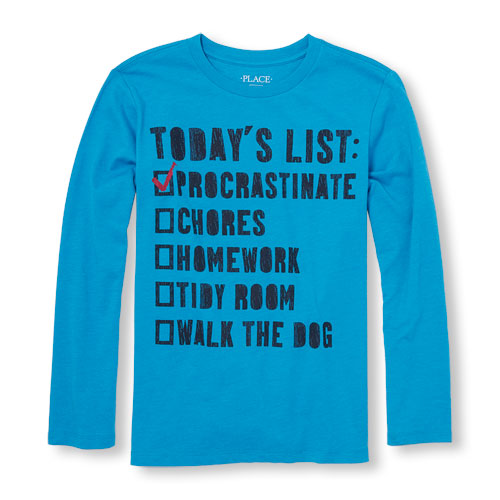
Self-indulgent clothing: Kids don't actually need to be talented, smart, and kind; they can simply wear a shirt that says so!
Sass and Self-esteem
Add a little more self-esteem and receive a little less sass. You want to have confident, unique kids, but you don't want their entitled attitude.
3 truths about self-esteem and kids:
- Over-praising kids does more harm than good.
- Self-esteem comes from feeling loved and secure.
- Confidence comes from trying and failing, and practicing.
In my house we encourage trying. "At least you tried." "It doesn't need to be perfect". "Let's try again".
Trying isn't the same thing as a participation trophy (when everything is rewarded equally whether you win or lose). But what you'll notice is if you praise trying in it's simplest form, you don't have to slather on the kudos when they accomplish or learn something. They feel an inner sense of pride from trying, learning, and accomplishing. It's genuine! This inner pride builds a solid foundation for self-esteem, therefore, more trying and doing.
Confidence and healthy self-esteem are better than ego-driven influences.
Where do your kids get their self-esteem?
The "Brag File". It works!
"A former music teacher, remembers asking her choir students to keep a “brag file” full of praise they earned. Any time they saw their names in a program or newspaper article or received a complimentary note or praise, they were to put it inside. When the kids had a bad day, they would take out those words of praise and read all the neat things they had done, and it would make them feel better about themselves."
The brag file works because it specifically shows kids specific ways they’re special.
(Chapnik Meyers, Randi. 11 Ways To Help Your Kid Build Self-Esteem. Today's Parent. Oct. 6, 2016)
- 11 ways to help your kid build self-esteem
Simply praising your child can actually do more harm than good. Here's a comprehensive guide on how to build your child's self-esteem.

The safe-space generation
The teens and young adults today are both retreating from real issues and defiantly demanding "safe spaces".
As parents, we must implement an idea of what the adult world looks like so that their expectations are realistic. And that's where I think many parents have fallen short.
Safe spaces are almost understandable in relation to sex, gender, religion, race, and ethnicity. A safe space is not a place to go when they can't "adult" or hide from situations and events outside of their control.
A safe space should not be a substitute for discernment and resiliency. Discernment removes prejudice from the equation and factors in criteria on a case-by-case basis, regardless of race, gender, etc. If someone isn't nice or they seem dangerous to you, you are able to pick up cues and handle it accordingly.
Resiliency is bouncing back. Life is full of hardships and disappointments. If children do not have their fair share of them while growing up, then they are left without an ability to deal with even the smallest difficulties.
Small difficulties = childhood
Big difficulties = adulthood
Prepare them for big difficulties of adulthood by letting them experience small ones as a kid.
It was embarrassing and devastating to see how some ADULTS reacted to the election of Trump. It was no wonder our youth was equally uncivil. I wouldn't be caught dead reacting like many of the adults did!
Safe spaces?
- Why I'm Tired Of Hearing About Safe Spaces
Nowadays it seems like everything you do or say may offend someone anyway—intentional or not.
Raising a decent human being
I'm not going to lie. It's not easy to raise a good kid nowadays. In some ways, kids seem like our equals with more "rights" and privileges than ever. The expectation placed upon all of us is that life should not have to be hard. We have every convenience at our fingertips. Right?!
Being a decent human being is the main hardship we face today.
These important life lessons can still be taught:
- Focus on facts. I know it's tempting to ask your child how they feel about this or that, but it can be a maladaptive pattern. Sometimes we need to objectively judge life based on facts and truths rather than navigate the world emotionally. Actually most bad life habits and lack of self-esteem are rooted in emotions, not facts. Help your child look at things in a logical way as well.
- Actions have consequences- When they do something bad, a bad consequence is waiting. When they do something good, a good consequence is waiting. This helps them realize sometimes bad things happen to other people if we do something bad.
- What kind of money lessons are you teaching, because money doesn't grow on trees, but a lot of kids act like it. Discuss with your children how many hours an adult has to work for certain items. If they want something, they must learn how to earn. How many jobs have YOU had to get one that pays well? What lessons did you learn from all your jobs? Do they feel money and things define them?
- Give them choices and let them make decisions without judgment on your part. This is an often-repeated parenting lesson, but here's the deal; sometimes kids act up because you may think you give them enough choices, but you simply are not or you are not giving them age-appropriate choices.
- Self-improvement or family improvement? Everywhere I turn there are ways to be develop yourself into a better person, but what are you or we doing for others? To better our family? Do our kids see us working on our own personal improvement while they struggle with basic life lessons? Make sure YOUR lessons are rubbing off on your kids too and you are taking your self-improvement to family-focused improvement!
About 80 percent of the youth (in the study) said their parents were more concerned with their achievement or happiness than whether they cared for others. The interviewees were also three times more likely to agree that “My parents are prouder if I get good grades in my classes than if I’m a caring community member in class and school.
If we want our children to be moral people, we have to, well, raise them that way.
— Richard Weissbourd, Harvard PsyhcologistAre you raising nice kids?
- Are you raising nice kids? A Harvard psychologist gives 5 ways to raise them to be kind - The Washin
Think your kids are being raised to be kind? Think again. A Harvard researcher and psychologist has 5 ways to train your child to be kind and empathetic.

